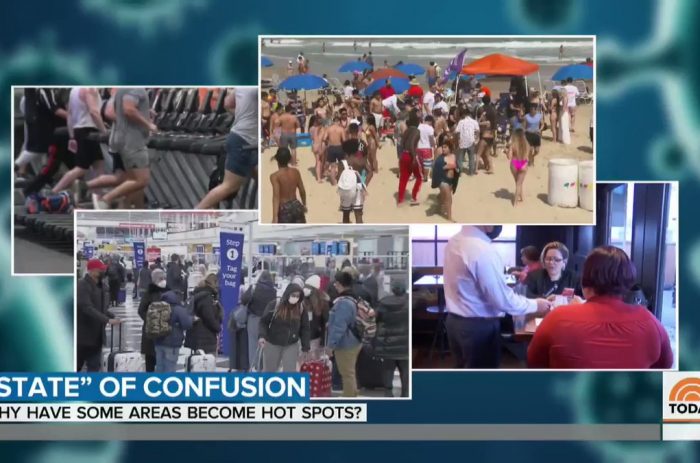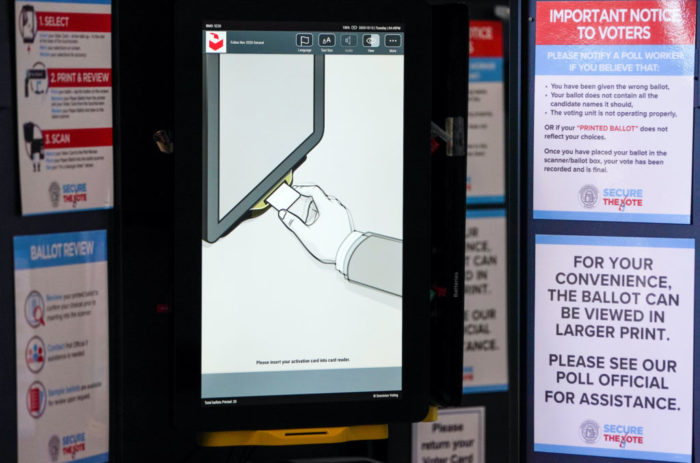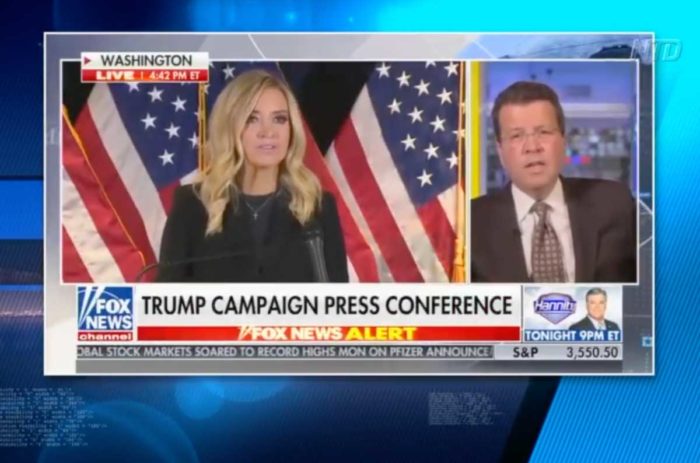print Print...
Directions
-Read the excerpt below from Tom Blumer's November 1st report posted at Newsbusters.org.
-Read "Types of Media Bias" in the right column. Then answer the questions.
One of the more [blatant, conspicious] results of the Democrat-controlled Congress skipping town [last month] without passing a budget, thus failing to address the issue of whether scheduled income tax increases will really go into effect for: everyone, the highest income-earners, or no one at all, is that the Internal Revenue Service and employers have been left in the lurch with no idea of how to prepare for next year. As I understand it, at a minimum this is the first time in a very long time that something like this has occurred, and it may be unprecedented.
The issue is getting a half-decent amount of play in the business press, but as a general news item, it’s going almost nowhere, even though some employers are already telling employees they will have to withhold more starting on January 1, 2011 if no action is taken in Washington.
At the Associated Press’s main web site, the one story about the withholding issue written by Andrew Taylor that went up [Nov. 1] plays a shady game of “Y’know, it really won’t be all that bad if the increases are only in effect during the early part of next year.” See if you can detect what I’m referring to in the following excerpt:
Regardless of how the battle turns out this fall, the Bush tax cuts will be in effect for purposes of next year’s filing season. If the tax cuts expire as scheduled on Dec. 31 but are renewed early next year, workers might see smaller paychecks for only a while, assuming the Internal Revenue Service issues withholding tables that reflect a return to pre-Bush tax rates.
That could mean about $50 less spending money each week for the household earning $50,000 and almost $90 less per week for the family making $100,000.
…Taylor is…compar[ing] weekly tax increases … to annual earnings. Unfortunately in our often numerically-challenged culture, that makes the tax increases not seem so bad to some who can’t or won’t do the math. …..
What’s really relevant to the typical family is the hit on net pay (i.e., what people are used to living on). The two families involved will be out roughly $200 and $360 a month, respectively ($50 x 4 and $90 x 4), until the president and Congress get their act together. In both cases the hits will be in the neighborhood of 7% or so of typical net pay. The percentage of the tax increase itself (i.e., taxes withheld with the increase vs. before the increase) will be well into double digits. It’s hard to see why Taylor seems so cavalier about this eventuality, which will grow greater with each passing day after November 2 and will be painful, even if (big if) the IRS makes up for it by changing the withholding tables to recoup the excess funds withheld during the remainder of the year once (or if) Congress acts and the President signs the related legislation.
But I suppose … it wouldn’t be a good idea to tell … readers/voters that they’re going to get a double-digit increase in the taxes they pay starting on January 1 — at least not until [after Election Day].
Go to newsbusters.org/blogs/tom-blumer/2010/11/01/ap-taylor-tries-minimize-impact-impending-2011-tax-increases for the original post.
Read a Bloomberg Businessweek article on Congress allowing the tax cuts to expire at businessweek.com/bwdaily/dnflash/content/oct2010/db20101027_025647.htm.
To accurately identify different types of bias, you should be aware of the issues of the day, and the liberal and conservative perspectives on each issue.
Types of Media Bias:Questions
BACKGROUND: The Democratic controlled Congress recessed before the elections without having voted on whether to extend the Bush tax cuts. President Barack Obama and most Democrats want tax cuts extended for middle-income earners, but to end for the wealthiest Americans, the top 2 or 3 percent of earners. Republicans want tax cuts extended for everyone, arguing that an increase makes little sense as the economy recovers from the worst recession since the 1930s. The Bush tax cuts went into effect in 2001 and 2003. They are set to expire on December 31st, 2010. The expiration of the tax cuts will be an extreme hardship for many Americans. The Democratic-led Congress refused to begin debating on whether to extend the cuts, deciding instead to wait until after the Nov. 2 elections. Because it takes weeks to prepare withholding schedules, the Internal Revenue Service will probably have to assume the cuts will expire and instruct employers to increase payroll tax withholding starting Jan. 1, experts say.
1. What types of bias does the excerpt below highlight?
2. Why do you think the media has not focused on this significant news story that will affect the majority of Americans?
3. Ask a parent how important this news item is to him/her.



